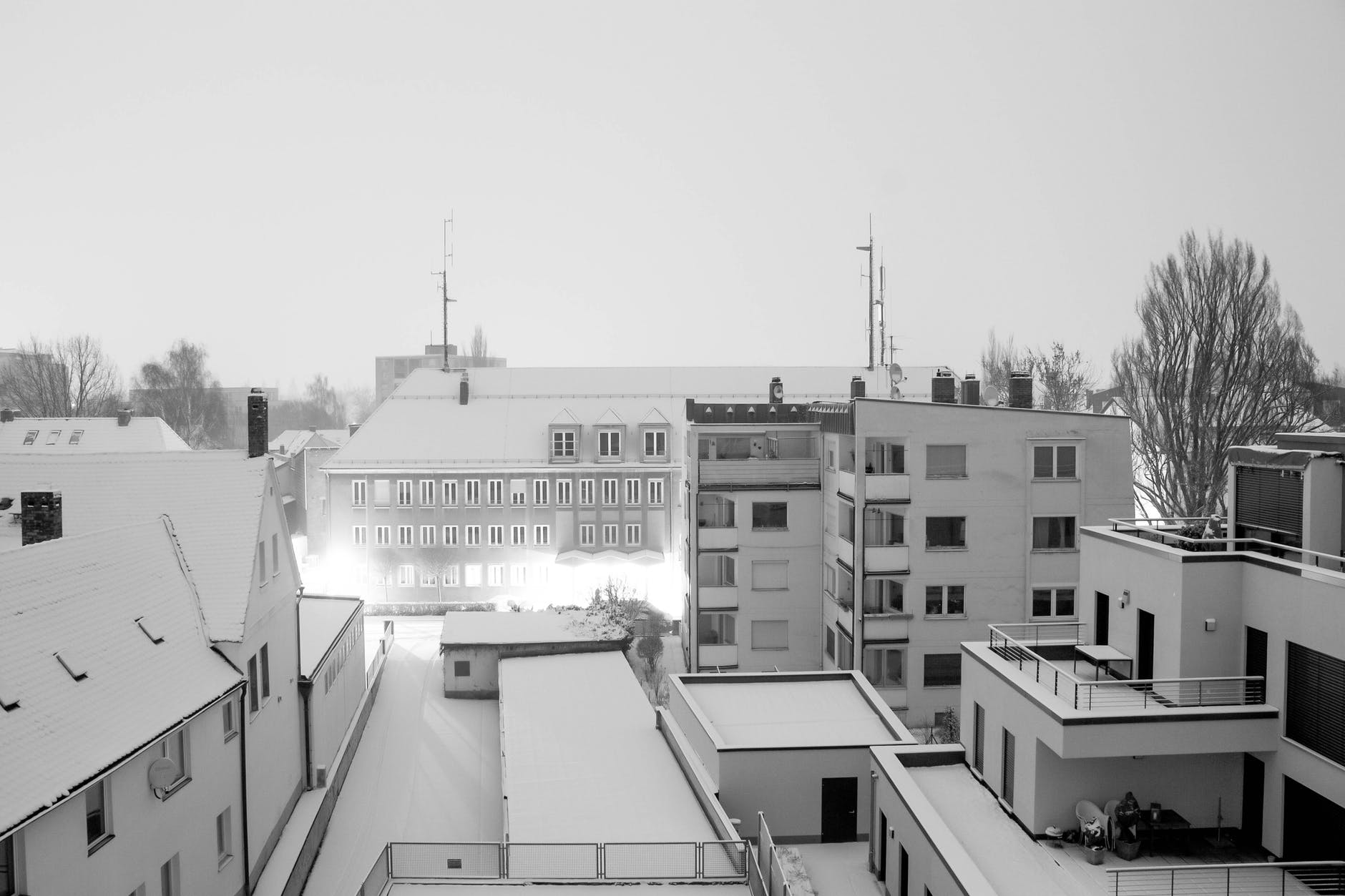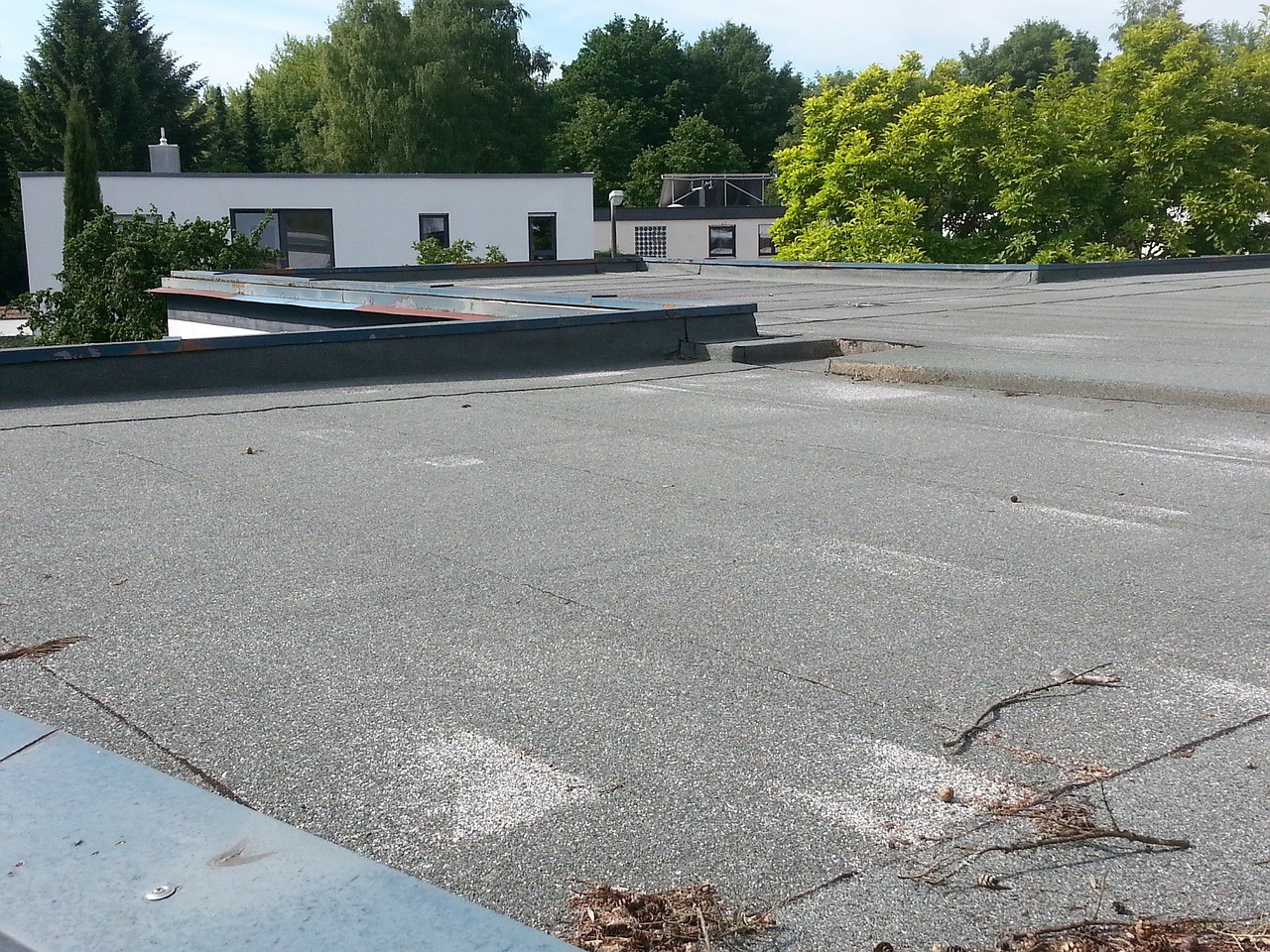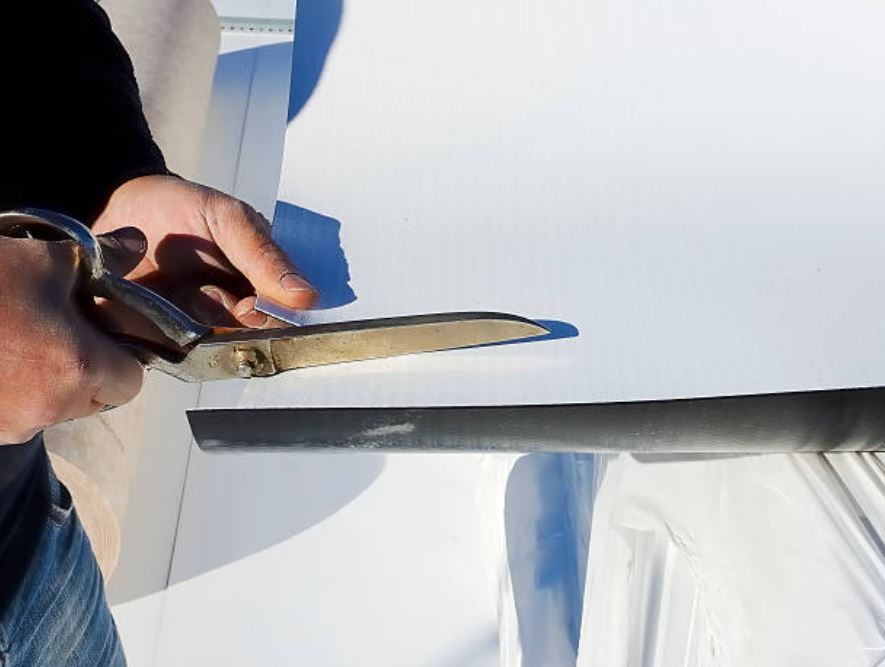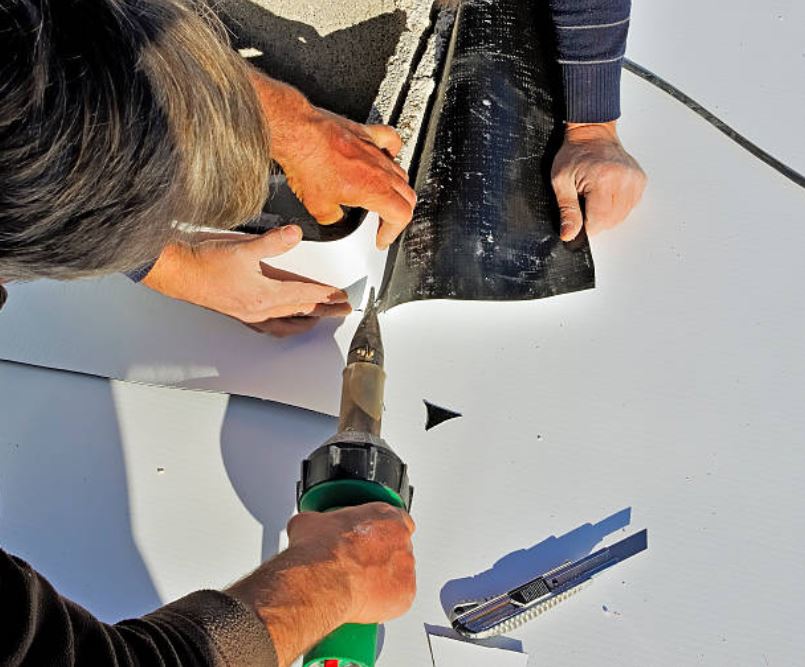When it comes to roofing materials, there are a lot of options to consider. Give yourself enough time to figure out what you would like to deal with for a long period of time. It is an important decision to make because this is a major financial investment. Moreover, it could also influence a lot of long-term factors. Bear in mind that a material may affect the roof’s longevity, performance, appearance, and many more. This time around, we will zero in on a roofing system popularly called TPO. Let us help you get to know what is TPO roofing material.
Read on to see if this is something that fits your requirements.
What is TPO roofing material?
Before we dive into details, let us first define what is TPO roofing material? TPO stands for Thermoplastic Olefin. It is a single-ply thin roofing membrane that has unique features. Its thickness reaches 45 to 80 millimeters. TPO is thick enough to create a watertight seal around your roof. Due to its promising qualities, it is easily a top-of-mind choice when it comes to commercial or industrial constructions.
Since the 1980s, TPO roofing material is widely used by contractors and property owners. This is in response to the demand for a heat-reflective and energy efficient roofing system. This rubber-based membrane is produced by combining polypropylene and ethylene-propylene rubber. It is then blended with fiberglass filler, carbon fiber, and talc. These additives strengthen the base and help achieve its energy-saving properties.

These are the common methods on how to apply TPO on to the surface:
- Mechanically attached
- Adhered
- Ballasted
- Plate bonded
Applied in large rolls, the seams of this roofing materials are hot air-welded together in order to form waterproof sheets.
TPO is mostly used for low slope commercial roofing along with other materials:
- Felt – They are waterproof and cost-effective. You can choose to install them with only $0.38 per square foot. However, felt is prone to plant growth that may cause long-term damage.

- Rubber/EPDM – EPDM or ethylene propylene diene monomer is lightweight, durable, and waterproof. It could be prone to leaks and damages if edges are not properly sealed during installation. It is also one of the cheapest options costing only $0.80 per square foot.
- Polyvinyl Chloride (PVC) – It is a durable thermoplastic membrane. PVC is known for its longevity and impressive performance. It has great insulation properties and can block UV rays. However, PVC is also very expensive. It costs around $6 to $10 per square feet.

- Metal – They are lightweight and easy to install. The downside is their cost. For one, aluminum is extremely expensive costing around $889-$1,000 per square foot. There are other options under this which include steel and copper.
- Tar and Gravel – The sturdiest and heaviest among all the choices. It is 100% waterproof, non-corrosive, and can reflect ultraviolet rays. It costs around $4 per square foot with a lifespan of 20 to 25 years only.
- Asphalt – Because of its weight, it could be difficult to install. However, it could last up to 50 years. Asphalt is moldable and easy to repair. It is very affordable costing only $2.5 to $4 per square feet.
The Advantages of a TPO Roofing System
TPO has a combination of benefits that most commercial business owners look for. These are some of the highlights that make it a great roofing material.
Aesthetics
It gives a property owner the liberty to choose from a wide selection of colors to match their preferences. Unlike other materials that have limited colors, TPO can give you the chance to beautify your building.
Ease of Installation
TPO is more lightweight as compared to other materials. Hence, it is easier and less complicated to install. Lesser labor and faster work also mean more savings that you can pocket. As with any type of material, quality of workmanship is crucial in building a long-lasting and durable roof.
Energy Efficient
TPO reflects UV rays instead of absorbing them. As a result, the interior structure remains cooler even during humid seasons. Lesser consumption of cooling appliances lowers electricity bill by 90% and cuts down carbon footprint. It also has one of the best insulation properties attributed to its airtight seal capabilities. Apart from blocking sun’s harmful effects, it is also fire-retardant and puncture-resistant. Furthermore, it can resist other chemicals including acid, salt, and oil.
Eco-Friendly
This type of roofing system is eco-friendly. It is 100% recyclable which is a great option to minimize waste.
The Disadvantages of Getting a TPO roof
You can count on TPO when we talk about durability. However, you also need to take note of a few drawbacks. Knowing these things will help you come up with more informed judgments. It guides you in selecting the right roofing system for your commercial property.

Lifespan
Its lifespan extends from 20 to 30 years. This is relatively shorter than other materials. It will reach its maximum life expectancy with proper installation and regular maintenance. There are other roofing systems that could last more than 50 years.
Cost
TPO roofing material costs about $5 to $6 per square feet which is reasonable enough in exchange for its benefits. However, there are cheaper options available like rubber or felt.
Leaks
Improper installation may cause severe damage over time. TPO roofing is prone to leakage due especially with poor workmanship.
Summary
There is no perfect roofing material. However, you can always look at them from both sides. Know the benefits it can offer, and see if it is worth your time and resources. Simultaneously, you also need to find out the downsides to set expectations.
In need of a durable, flexible, and energy-efficient roofing? You might want to consider TPO. Yes, it may have a few disadvantages but the decision is still up to you. Performance and longevity do not depend on the materials alone. The key to a high-performing and long-lasting roof lies in superior workmanship.
Looking for a trusted roofing partner?
J&M Roofing LLC commits to provide all kinds of professional roofing services for all commercial businesses. If you seek industry-based inputs on how to go about your roofing projects, you can always count on us. Reach us to our team via 800-773-1616 and get a free quote.

